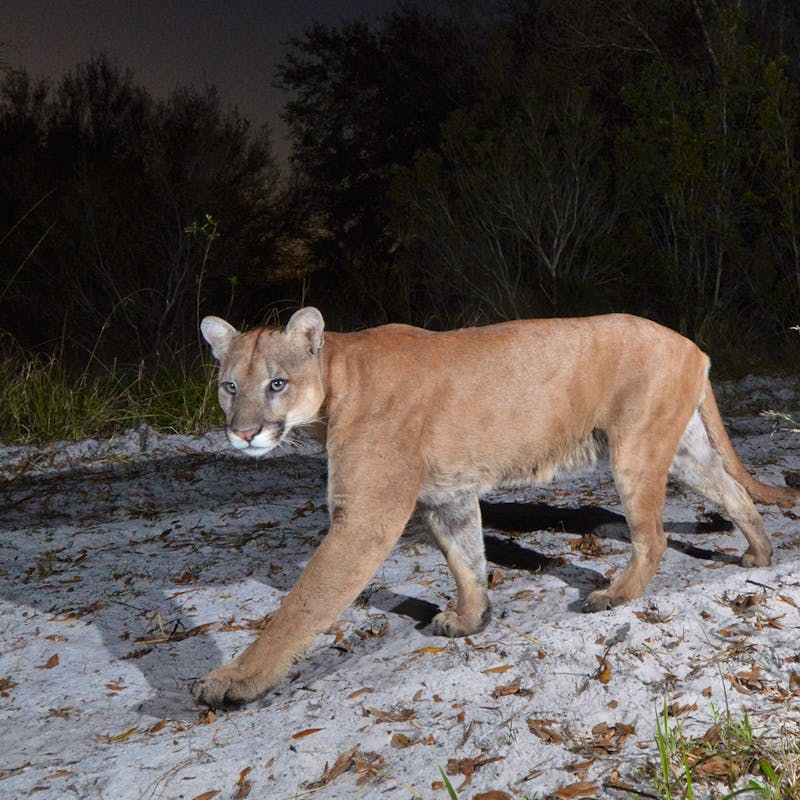The Royal Dutch Shell Company began drilling in Alaska’s Chukchi Sea on Sunday, with potentially disastrous consequences for Alaska’s wildlife.
The Chukchi Sea is home to many imperiled species, such as bowhead whales, Pacific walrus, and polar bears, a species already facing enormous challenges due to melting sea ice, one of the many effects of climate change. A major oil spill here could be even more destructive to wildlife than the Gulf oil spill of 2010, because a cleanup response would be nearly impossible to perform. Here’s why:

The threatened Steller’s eider, a seasonal visitor to the Chukchi. Birds suffer heavily in oiled waters: the oil on their feathers destroys their insulation from the cold, and makes them sick when they try to clean themselves.
Infrastructure. The nearest coast guard station is in Kodiak, Alaska, more than 1000 miles away. The closest village to the Chukchi Sea drilling site has just one small boat ramp and no hotels to accommodate cleanup crews. The nearest airports that can handle the large cargo planes needed to transport oil cleanup equipment are 100 miles away or more.
Weather. The Chukchi Sea is almost completely covered in ice over the winter months. In summer, 20-foot swells, gale force winds and thick, lingering fog is common. Stormy seas would endanger the lives of crew members and render oil booms and skimmer boats useless. It can take weeks or months for backup rigs to drill relief wells, even in the relatively calm waters of the Gulf; in the Chukchi Sea, it may take even longer. Worst of all, if an oil well breaks open and can’t be capped by the end of the summer, it will gush into the sea for months beneath the Chukchi Sea’s winter ice pack.
Temperature. The temperature of Arctic seawater is often far below freezing, making it difficult to burn off oil because the water below the surface-oil cannot be heated sufficiently to start the burn. Oil dispersant chemicals are known to be ineffective in cold temperatures, in addition to the potential harmful effects they could have on marine life. Finally, oil simply takes longer to break down in cold temperatures.
A Fragile Ecosystem.

Polar bears are already stressed by the loss of sea ice they use to hunt due to climate change. A major oil spill would jeopardize their food supply even more. Photo (c) Joan Cambray.
The Chukchi Sea supports an intricate and delicate web of life. It provides critical food sources for migratory birds from around the world and pristine waters for important parts of the life cycle of many fish species. Every part of this ecosystem, from the tiniest zooplankton to the greatest bowhead whale, would be threatened by an oil spill in the Chukchi. As the Defenders of Wildlife Fact Sheet on drilling in the Arctic details,
“exposure to oil damages the eyes, mouth, skin and lungs of marine mammals and reduces the insulating effect of feathers on birds. Wild animals can also suffer from kidney failure after ingesting oil in attempts to clean themselves. Those animals that manage to survive will still be at risk from accumulating pollutants and metals in their bodies from the fish they eat. They may also suffer from starvation as the food chain they rely on for survival is disrupted.”
Even without a spill, noise and toxic pollution that are a normal part of industrial drilling will negatively impact local wildlife. There is also so much about the arctic ecosystem of the Chukchi that we just don’t know anything about. In its review of drilling plans the government admitted to a complete lack of information on key wildlife populations and their use of the Chukchi, but approved Shell’s drilling plans anyway. The fact is that the Chukchi Sea is one of the last places any oil company should be allowed to drill.
Ironically, Shell was only able to drill for one day before a large ice floe forced it to back off the drill site. This should be a warning cry about the hazards of drilling in the Chukchi Sea.
We must not let our thirst for oil put yet another rich and vibrant ecosystem at risk of an environmental catastrophe, especially when this time, if an oil spill happens, cleanup will be virtually impossible. Only time will tell if Alaskan wildlife can weather this latest threat to their survival.
UPDATE 9/17/12: Shell’s oil containment barge suffered damage to its oil containment dome during testing, causing the company to scrap efforts to drill in the Chukchi until next year. The barge had been previously plagued with leaks and safety standard issues, and has been unable to reach Coast Guard certification. The threat of an oil spill has subsided-for now-but this fragile place will be in danger once more if drilling resumes in 2013.





